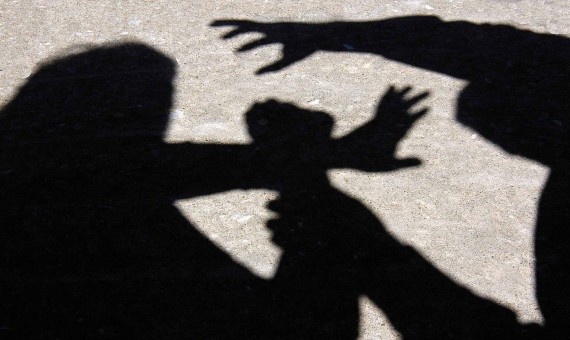The victim of a gang rape in a bus in India has died after several operations, a heart attack, brain damage and organ failure. Another rape victim, also in India, committed suicide, blaming not only her attackers but also the police. Outraged demonstrators are demanding changes to prevent not only further rapes but also known rapists occupying important government positions. In Egypt women rally against sexual abuse by security forces as well as other demonstrators during political activities.
Most research about rape shows that it is not about sex but about Power. “Rape and pillage” is the classic description of the behaviour of conquering armies since remote times. Rape was used as a war strategy in Bosnia, against Muslim women. Whilst many countries move towards strong legal frameworks and education to protect women from rape (transferring the need for power and domination to more “benign” forms of discrimination such as differences in pay for equal jobs and the (in)famous “glass ceiling”), others remain firmly stuck in the most brutal cultural conceptions of women as second class beings, and the use of rape to assert masculinity, domination, compensate for feelings of inadequacy, and discharge anger and aggression. It does not mean that more “advanced” countries have eliminated rape or gang rape. It still happens, but less and there is more universal condemnation. However, it is these “advanced” countries where more “sophisticated” forms of access to rape have developed, e.g., with date rape and surreptitiously spiking women’s drinks with hypnotic drugs.
No doubt more legal and cultural changes have to take place and any work done through education will be beneficial, but it cannot be solely focused on rape and sexual crimes. As stated before, rape is not about sex, it is about power, it is a form of violence that touches on many forms of violence at the same time. Only a comprehensive system of education for nonviolence delivered in schools and through Mass Media can engage both male and female children, youth and adults in the creation of cultural and social environments that do not dehumanise, discriminate and objectify. The present system destroys people’s self esteem in so many ways, through economic, physical, racial, religious and psychological violence. Then it offers ways to compensate for such absence of self worth through gaining the illusion of power by discriminating and manipulating others.
The human being is at a crossroads, and it is not a culture, a country or an ethnic group that is responsible for the violence, although it is clearly necessary to separate the men who gang raped the Indian students from society, it is also necessary to prevent further rapes by others, but this can only be done by changing the sign of the system towards nonviolence. It cannot be done in one day, but it can be started now, and we are all responsible.










